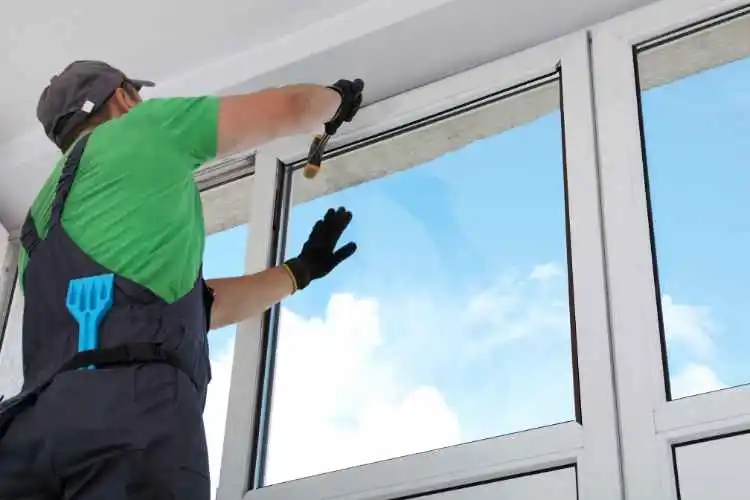In the quest for sustainable and energy-efficient living, uPVC double-glazed windows have become popular for homeowners and builders alike. These windows have garnered attention and acclaim for their remarkable energy efficiency rating, offering a range of benefits that contribute to both environmental conservation and economic savings. In this article, you will delve into the reasons behind the growing popularity of upvc double glazed windows in the context of energy efficiency.
Superior Insulation Properties
One of the primary reasons for the energy efficiency of uPVC double-glazed windows lies in their superior insulation properties. These windows consist of two layers of glass separated by a layer of inert gas, typically argon or krypton. This design creates a thermal barrier that significantly lowers heat transfer between the interior and exterior of a building. As a result, homes equipped with these windows enjoy more stable indoor temperatures, reducing the need for constant heating or cooling.
Minimised Heat Loss and Gain
Traditional single-glazed windows are notorious for their poor insulation, causing heat loss during the winter and heat gain during the summer. uPVC double-glazed windows address this issue effectively by preventing thermal bridging and reducing heat transfer. This lowers energy consumption for heating and cooling systems, making them an eco-friendly and cost-effective investment.
Enhanced Sound Insulation
In addition to thermal insulation, these windows offer impressive sound insulation properties. Combining two glass panes and the gas-filled gap is a sound barrier, minimising external noise infiltration. This acoustic insulation contributes to a quieter and more comfortable indoor environment, promoting well-being and tranquillity.
Condensation Control
Condensation can be a common issue with single-glazed windows, especially in regions with varying temperatures. These windows are designed to control condensation effectively. The inner pane remains warmer, reducing the likelihood of condensation forming on the glass. This improves comfort and prevents potential moisture-related issues like mould growth.
Long-Term Sustainability
Another aspect contributing to the popularity of uPVC double-glazed windows in terms of energy efficiency is their long-term sustainability. These windows are highly durable and need minimal maintenance, reducing environmental impact over their lifespan. Their ability to enhance energy efficiency is immediate and sustained over the years, making them a valuable investment for homeowners concerned about sustainability.
Advanced Features for Enhanced Performance
Low-E Glass Coating
Many uPVC double-glazed windows come with Low-E (Low Emissivity) glass coatings. These coatings reflect infrared heat while allowing visible light to pass through. This feature enhances the window’s ability to regulate indoor temperatures by controlling heat from escaping during the winter and blocking excessive heat from entering during the summer.
Multi-Point Locking System
Energy efficiency isn’t just about insulation; it’s also about security. uPVC double-glazed windows often feature a multi-point locking system that provides a tight and secure seal when the window is closed. This enhances security and ensures no gaps or drafts that could compromise the window’s insulation.
Customisable Designs
To cater to different architectural styles and preferences, these windows offer various customisable designs. Homeowners can choose from various frame colours, finishes, and hardware options. This customisation allows for a perfect fit and seamless integration with the overall aesthetic of the building.
UV Protection
These windows often have built-in UV protection. This feature blocks harmful ultraviolet rays from entering the building while allowing natural light to fill the space. UV protection helps preserve furniture and furnishings and contributes to temperature control by preventing solar heat gain.
Conclusion
upvc double glazed windows have become prominent due to their exceptional energy efficiency rating. Their ability to provide superior insulation, minimise heat loss and gain, enhance sound insulation, control condensation, and offer long-term sustainability has made them a favoured choice for those seeking to reduce energy consumption and lower utility bills.


